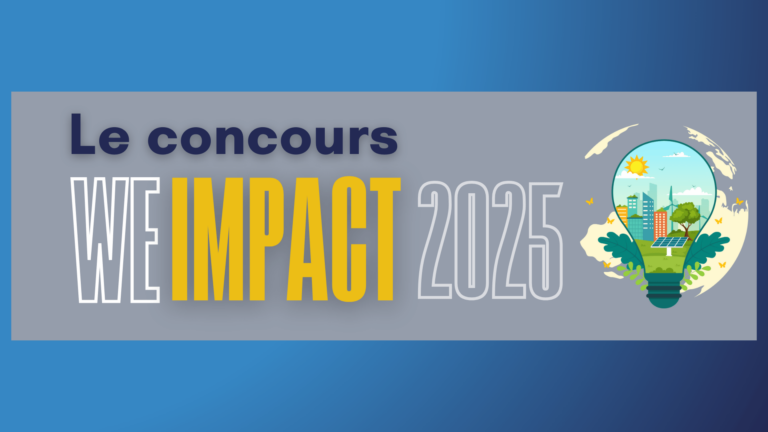In India, 18 % of the world's population live on just 4 % of the planet's water resources. What's more, 746 million people lack access to adequate sanitation, resulting in 37.7 million cases of water-borne disease every year, and the loss of 500 children under the age of five every day to diarrhoeal diseases. These data underline the crucial importance of water quality control in India.
What is Project Lotus?

LOTUS is a project funded by DG Environment as part of the research and innovation program Horizon 2020 of the European Union, as well as by the Indian government. It brings together leading organizations in Europe and India to collaborate on the creation, design and development of innovative, robust, affordable and low-cost sensing solutions for meeting the challenges of water supply and sanitation in Indiain both rural and urban areas.
Innovative, low-cost technology
LOTUS has developed an advanced sensor technology capable of quickly identifying potential contamination problems in water, such as the presence of fecal bacteria. This innovation reduces the time needed to resolve problems and minimizes any negative impact on the health of those concerned.
The LOTUS device is currently being tested in drinking water distribution networks in India, and its deployment in tanker trucks is also planned.

Who are the contributors?
The project team initially worked with residents, suppliers and local authorities to identify the specific needs and challenges of local communities. These groups then worked together to develop and implement customized solutions.
28 entities including French and international universities and schools, the CNRS (Centre national de la recherche scientifique), the European Commission, and other partners in Greece, India, Germany, Sweden, Cyprus and the UK, have contributed to the implementation and success of this exceptional project.
G.A.C. Group coordinated all stages of this project, which was co-financed by the European Union and the Indian Ministry of Science and Technology.

"While this is clearly a health crisis, water scarcity and quality issues are also jeopardizing the livelihoods of millions of people."
Svetlana KlessovaG.A.C. Group
A great success with a strong impact
Once it has received regulatory approval, the technology will not only be brought to market, but will also contribute to achieving the Indian government's goals of improving water supply and wastewater treatment infrastructures in both rural and urban areas.
"Thanks to its user-friendly interface and versatility in different water conditions, we are confident that our device, based on the LOTUS results, will not only benefit public health and safety, but will set a benchmark for water quality monitoring that will be of interest to other regions facing similar challenges."
Sudhanshu Mishra, Managing Director, Hydroscope Technology, India.
To find out more about how LOTUS technology works, the tests carried out, the pilot installations and the spin-offs of the project, go tofull article available in 6 languages.
Accelerate your innovation with funding from European programs to bring your research projects to fruition and boost their visibility!








